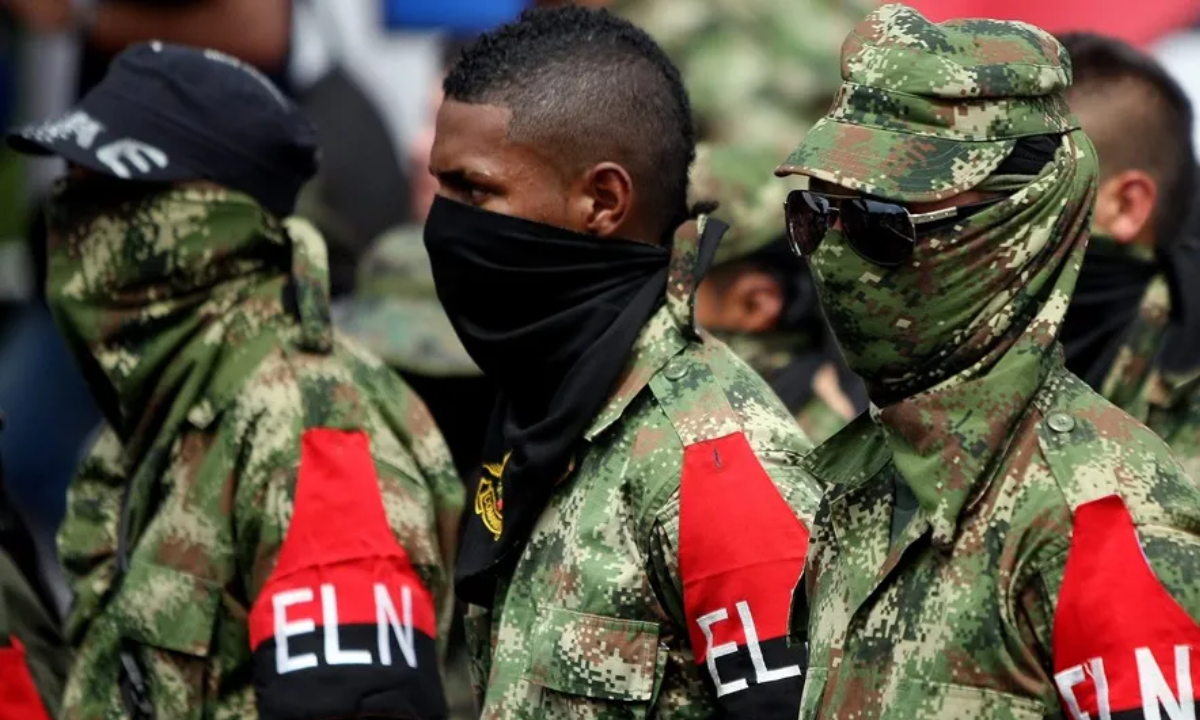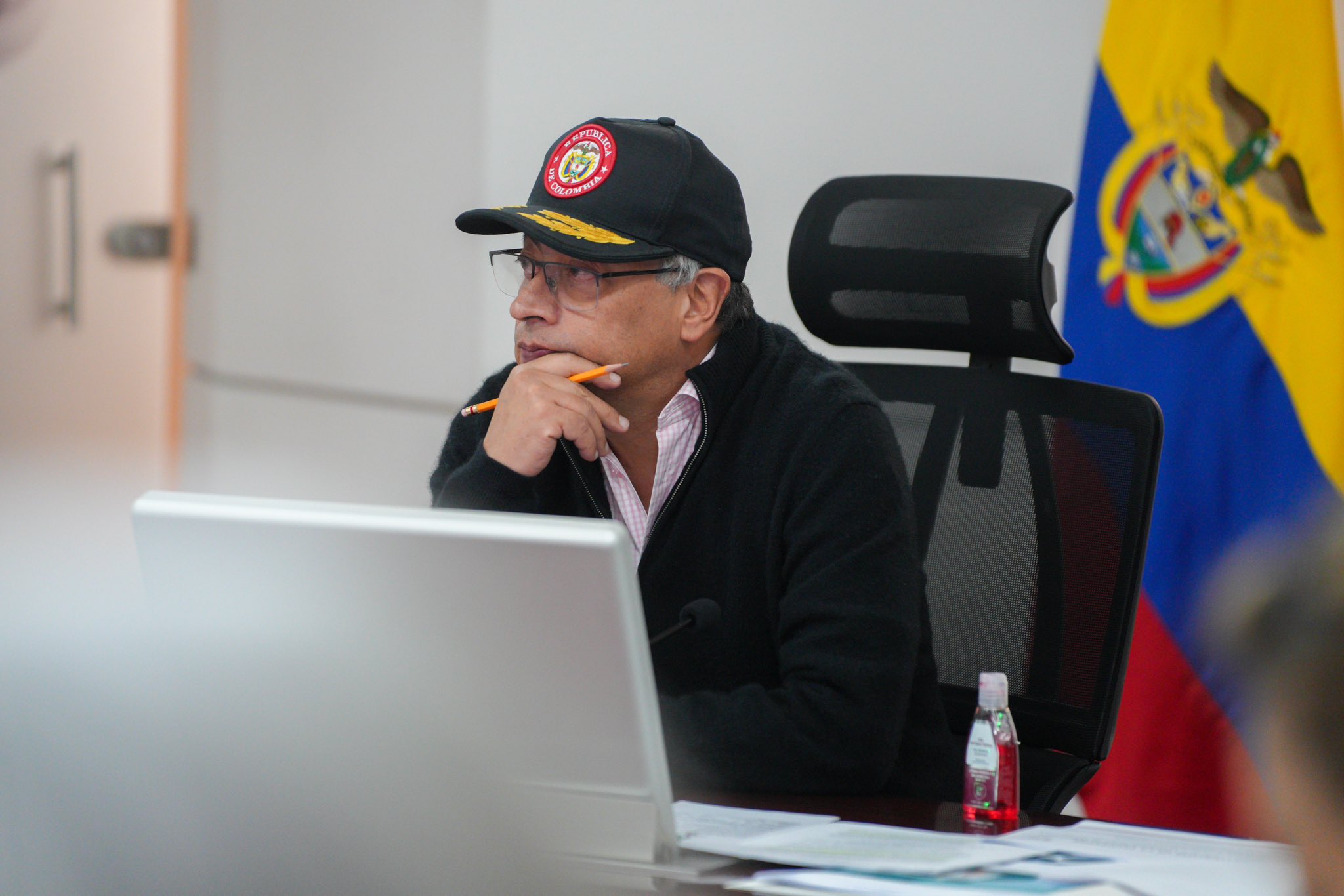President Gustavo Petro claims that the ELN's ties to drug trafficking are hindering progress toward peace: "Out of stubbornness."

Colombian President Gustavo Petro will end his term next year with one historic issue pending: total peace. After attempting to negotiate with the ELN, the president stated, in an interview with EFE, that the group has become linked to drug trafficking and that "makes it incapable of understanding the need for peace and social and economic transformations."
The ELN, says the president, "is like a hinge," born out of the armed insurgency against the state, but "out of stubbornness" it remains armed, "when the entire Colombian guerrilla movement had already abandoned it."

This is what the president says. Photo: EFE.
And "he begins to become involved with international drug trafficking networks and practically ends up becoming a 'traqueta,'" as someone who "deals" in drugs and illicit businesses is known in Colombia.
Following the signing of a peace agreement with the FARC guerrillas in 2016, the country experienced several years of improved security, which deteriorated during Iván Duque's administration, as the state never filled the gaps left by the guerrillas, which were in turn filled by dozens of new groups, paramilitaries, and criminal gangs.
Upon taking office, Petro announced a policy of "total peace"; he attempted to negotiate or offer to submit all these groups and gangs to justice.
And for just over a year, there was an apparent understanding between the government and the ELN, the last major Latin American guerrilla group, which has been falling apart since late 2023.
"Peace must always be, as our Constitution says, a right, and therefore, we must be stubborn. Colombia cannot live 100 years of solitude and violence," asserts Petro, who is participating in the Fourth UN International Conference on Financing for Development.

Gustavo Petro, President of Colombia. Photo: Presidency
Petro argues that "violence changes" and the current violence is not the "socialist insurgency" he himself experienced as a guerrilla member of the M-19. "The current violence doesn't come from Colombia, it comes from the world," he emphasizes.
"The increase in cocaine use in Europe, which already has hundreds of purification laboratories, is fueling violence in Colombia and has damaged our chances of escaping 100 years of solitude," the president laments.
The "bad guy" on the global scene, says Petro, according to UN reports, is Colombia, but the president laments the lack of a "realistic policy" abroad.
"In the absence of a realistic policy in Europe, one that legalizes cocaine as it legalized wine and whiskey, or that teaches its children in schools not to use it, or both. A complete failure in itself," he emphasizes.
The countdown In just one month, Petro begins the countdown to his term and the first leftist government in Colombia. Three years in which he has faced many setbacks in his efforts to push through ambitious reforms and has come up against a Congress where he lost his majority after the first year.
In his campaign proposals, he talked about reforming education, healthcare, pensions, and the labor system. Finally—and after much back-and-forth in Congress—he managed to get these last two reforms approved.
"As these three years have gone by, we've already approved two of the three major social reforms I proposed to move Colombia away from the neoliberal model that has condemned us to being almost the most unequal country in the world—we compete with South Africa and Brazil—and one of the most violent," he says.
During his three years in office, Petro has preached his defense of the environment and the fight against climate change at every conference, summit, and global forum, alluding to the fact that "free markets" under neoliberalism condemned Colombia for decades to being "fossil fuel exporters and cocaine exporters."
"We want to escape from that, which led us to inequality and violence," he points out.
eltiempo





